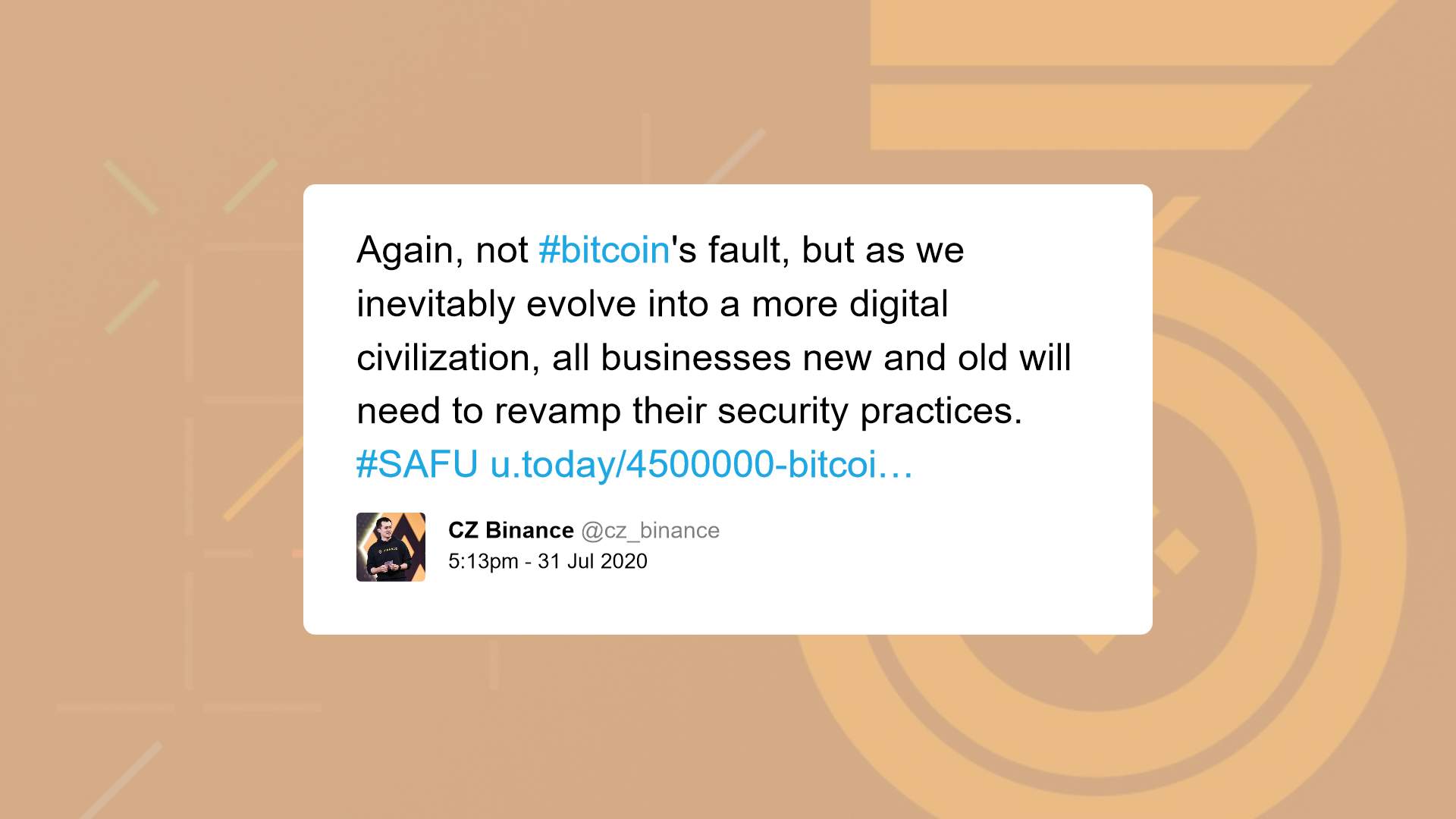Last week it emerged that travel management firm CWT paid a ransom demand of $4.5 million in Bitcoin.
Initially, hackers had demanded $10 million to release the fix, saying this is likely cheaper than the legal action that would ensue if their demands aren’t met, not to mention the cost of the damage to the firm’s reputation.
Negotiations between the two parties saw the hackers agree to lower their demands, as CWT cited extended financial difficulties as a result of the ongoing pandemic situation.
Analysis of the blockchain showed the hacker’s wallet had received 414 Bitcoin on July 28. At the current market price of $11,200 as per TradingView, 414 BTC is worth $4.63 million.
Chart of BTC's recent price action from TradingView.com
In a statement released by CWT, following the payment, the firm said that normality has now returned. They sought to reassure stakeholders by saying no breach of personally identifiable data had occurred according to their initial investigations.
“We can confirm that after temporarily shutting down our systems as a precautionary measure, our systems are back online and the incident has now ceased.”
The Importance of Cyber Security in Today’s Digital World
The criminals involved had used a strain of ransomware, known as Ragnar Locker, to steal files and takedown terminals.
According to IT security expert Tomas Meskauskas, this ransomware renames and encrypts files by tampering with extension names.
“Typically, victims of ransomware cannot decrypt compromised files without the correct tools held only by the cyber criminals who designed the program. Unfortunately, this is the case with Ragnar Locker ransomware.”
Victims have little choice but to pay up, but Meskauskas states that victims can often recover systems for free if they keep adequate backups.
On that, Binance CEO, Changpeng Zhao commented that as we go increasingly digital, every business needs to update their IT practices to avoid such incidents from happening in the first place.

Source: twitter.com
What’s more, Zhao felt it necessary to delineate Bitcoin from the hack itself, bringing to light once more the association between cryptocurrency and criminality in the eyes of the public.
But this is a view that is wholly unjustified.
Bitcoin and Its Association With Criminality
When it comes to wrongful impressions, it doesn’t take much to see lawmakers and government bodies often hold incorrect information about Bitcoin and cryptocurrency.
According to the World Government Summit website, criminals are drawn to Bitcoin due to its anonymity.
“To start with, the addresses of Bitcoin users are not linked to individuals or corporate identities, and the people or groups behind them are hard to trace.”
However, Dr. Tom Robinson dispels this myth by saying Bitcoin is, in fact, the most transparent payment method ever devised, describing is as pseudonymous, rather than anonymous.
Any bitcoin transaction with a party that knows your identity leaks information that can be used to identify your activity, past and future, on the block chain. For example, if you transfer bitcoins to an online retailer, an exchange, or many of the other services that take customer identity information, you allow them to link that identity to your blockchain pseudonym.”
What’s more, in a recent study by Butler titled, “Criminal use of cryptocurrencies: a great new threat or is cash still king?” the author concluded that cash, not crypto, still reigns supreme as the criminal’s choice of payment method.
“Contrary to popular opinion, this article shows that cryptocurrencies are currently used in a very small percentage of crime and they are not the great future threat that many assert.”
Bitcoin is already struggling to gain acceptance as a legitimate asset class among the general public.
Not only must it contend with associations with criminality, but when governments exert their ill-informed trickle-down influence, it’s no wonder Bitcoin greatly divides opinion.
إرسال تعليق